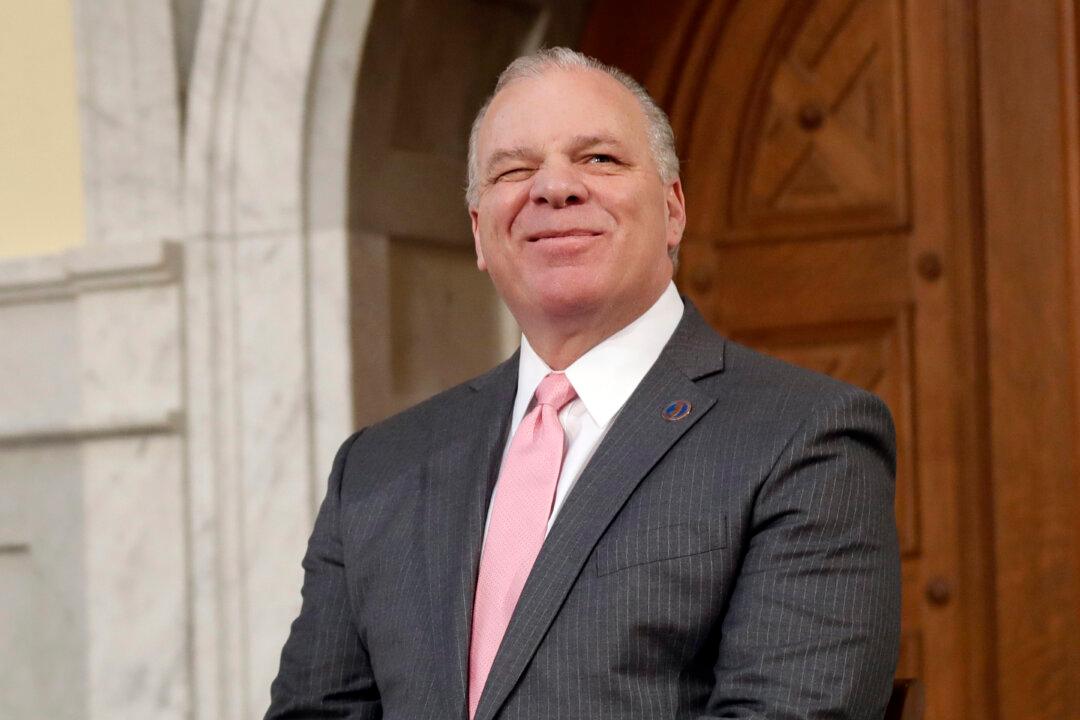New Jersey Governor Phil Murphy extended the state’s COVID-19 emergency on Tuesday after the state Senate speaker declined to schedule voting on a bill extending it for 45 days.
On Monday, New Jersey Senate President Steve Sweeney, a Democrat, announced that a bill to extend the governor’s emergency powers in response to COVID-19 would not be voted that day, the final day of voting in the lame-duck legislative session.





